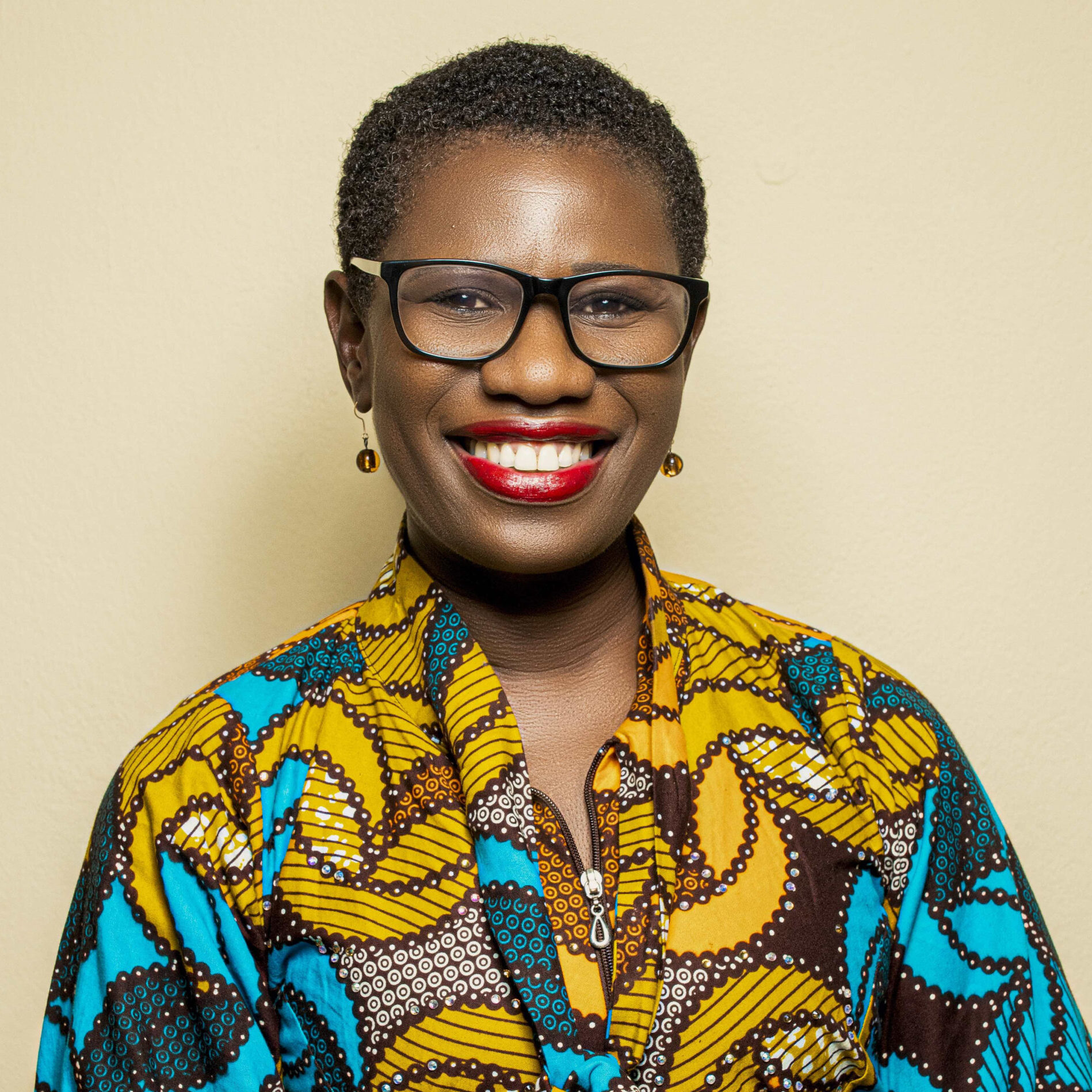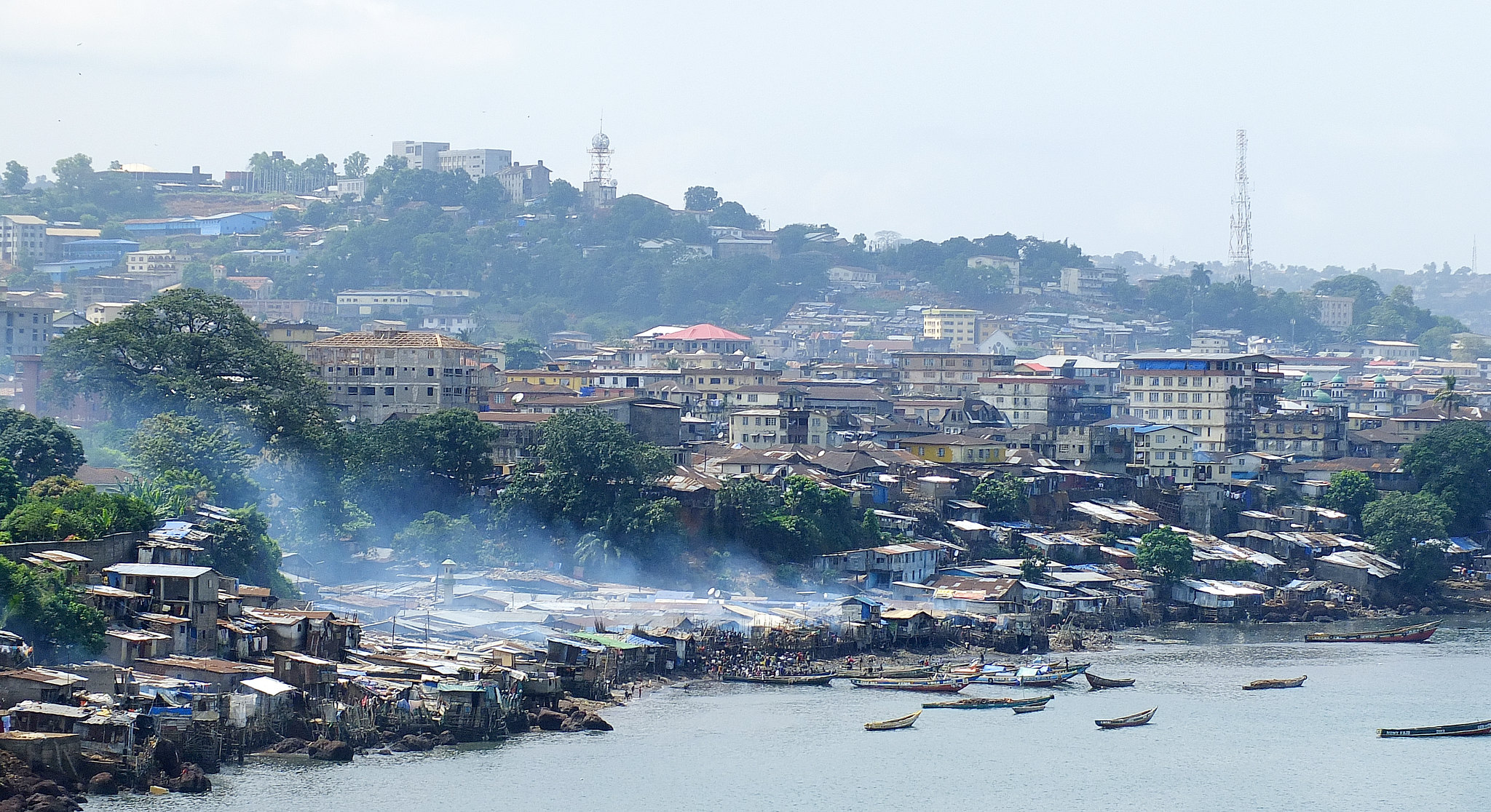Freetown Flood Fighters: Women’s Resilience on the Frontline’ – created by MakerChange Studio in collaboration with the Freetown Media Centre – focuses on the organisation and efforts of local women to keep their communities safe as they grapple with the impacts of climate change.
The film was commissioned by Lloyd’s Register Foundation as part of an initiative to tell the human stories behind its previous World Risk Poll, in which the vulnerability of people – particularly women – in Central and West Africa to climate-related disasters – particularly flooding – was highlighted.
As well as the film itself, an accompanying digital photography exhibition has been created to tie the women’s story to the World Risk Poll data.
Climate change poses a risk
According to the latest World Risk Poll resilience data, published today, almost a third (31%) of people in Sierra Leone have experienced flood-related disasters in the last five years, up from one in five in 2021. Sierra Leone has dropped to 132nd out of 141 countries ranked by the World Risk Poll Resilience Index, which measures the capacity of countries to cope with such shocks.
A new short film has been launched today, highlighting resilience challenges in Sierra Leone’s capital, Freetown, and how female-led community groups are rising to the challenge.
Women in Freetown’s hilltop, hillside and coastal areas are among the most vulnerable to the effects of climate change. However, in the face of floods, extreme heat, fire and landslides, women are playing a leading role in responding and protecting their communities.
Film contributor Joana Kaine said: “Climate change poses a risk to our local houses and schools, our livelihoods, our safety and our health. And we women are the first responders in the event of a climate disaster. I’m glad that our stories are being told, and our calls for more support are being heard.”

Yvonne Aki-Sawyerr, Mayor of Freetown, said: “Lethal landslides, coastal erosion, annual flooding and extreme heat; Freetown has them all. Our communities have the knowledge and determination required to address these impacts, but they can’t do it alone. As part of our Climate Action Plan, the Freetown City Council has partnered with local communities on many different initiatives – from tree planting, to climate resilience, to water security, and much more. But, as a collective, we need further support in order to keep building on the incredible progress made so far.”

World Risk Poll
On the other hand t ,his was highlighted in the World Risk Poll : The Poll revealed that 32% of people in Sierra Leone couldn’t cover their basic needs for more than a month if they lost their income. Climate disaster exacerbates this risk by disrupting women’s ability to earn a livelihood, and therefore, their ability to provide for themselves and their families .
Community risk – among those who had experienced a disaster in the past five years, 72% said they had been without clean drinking water for more than a day. When climate disaster strikes, water may become contaminated or water access blocked, thereby increasing this risk. Climate disaster may also damage housing, schools, hospitals, markets and other key infrastructure, therefore limiting the entire community’s access to food, shelter, electricity and other essential services.
Societal risk – 43% of people thought the government does not care at all about them or their wellbeing. Through highlighting existing injustices and inequalities – and the failure of institutions to effectively prepare or respond to crisis – the impacts of climate change have the potential to further amplify this sense of distrust and disenfranchisement.
Sources : Lloyd’s Register Foundation




